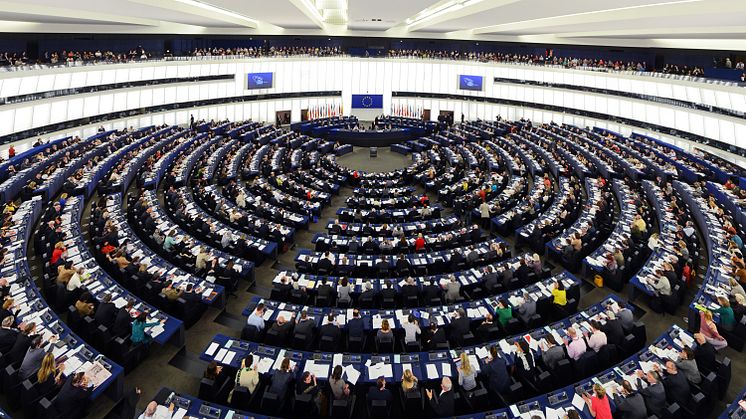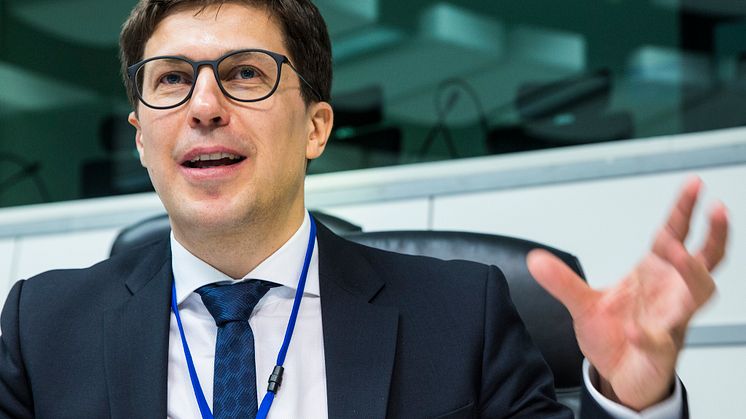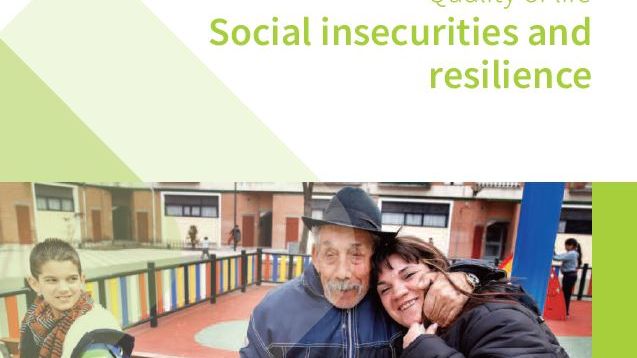
News -
Trust in Europe bounces back with economic recovery
Overall trust in institutions such as national governments, the legal system, the EU, and the media has rebounded in Europe following the recent economic recovery – showing that the ‘crisis of trust’ in European societies following the Great Recession was largely temporary. However, in a number of the Member States most adversely impacted by the crisis, trust in national institutions has still not returned to pre-crisis levels.
Eurofound’s new publication on Societal change and trust in institutions uses data from the most recent European Quality of Life Surveys, as well as other European-level data, to chart the evolution of trust in institutions in Europe in the 21st century. The decline in trust in institutions was an issue of real concern following the financial crisis in Europe a decade ago when, in the aftermath of the crisis, governments struggled to curb unemployment, manage public debt, and return to economic growth. In many countries, this led to a feeling of distrust in national and EU institutions.
The report shows that trust in national institutions was generally more volatile in southern and eastern Europe, and more stable in western and northern Europe and in the Baltic States. In general, trust in national institutions - which includes the national government, the legal system, the police and national media - had fully recovered for most of the EU by 2016. However, in some countries, particularly those in southern Europe, it has not returned to pre-crisis levels; this was most notably the case in Spain, Cyprus and Greece.
Lower trust still characterises several eastern European countries, with Croatia and Bulgaria displaying the lowest levels of trust in national institutions in Europe. Levels of trust are highest in Finland, Denmark, Luxembourg and Sweden.
In the European context, the erosion of trust in institutions has given rise to questions about the potential impact on political and social stability, as well as the implications for European integration. Although trust in EU institutions had a declining trend from 2007 to 2011, they gradually stabilised between 2011 and 2015, and there has been a slight increase from 2015 onwards. Overall, trust in the EU has remained greater than trust in national governments in most countries during the crisis period.
The report emphasised that addressing quality of public services is an important means of boosting overall trust in institutions, this is particularly the case for health and care services. At individual level, perception of quality of public services is the factor most likely to determine trust in national institutions. Trust increased more in the social groups and countries where there was also a larger increase in satisfaction with quality of services. Education is also an important factor: people with higher levels of education generally have more confidence in public institutions, including EU institutions.
Finally, the report underlines that maintaining and building trust in institutions is important for well-functioning societies, with countries displaying higher trust in political institutions recording a lower level of tax evasion and a greater level of public support for policy reforms. Trust is, in essence, a cornerstone of democracy and understanding and nurturing trust will be essential for the future of Europe.
Download the report: Societal change and trust in institutions



